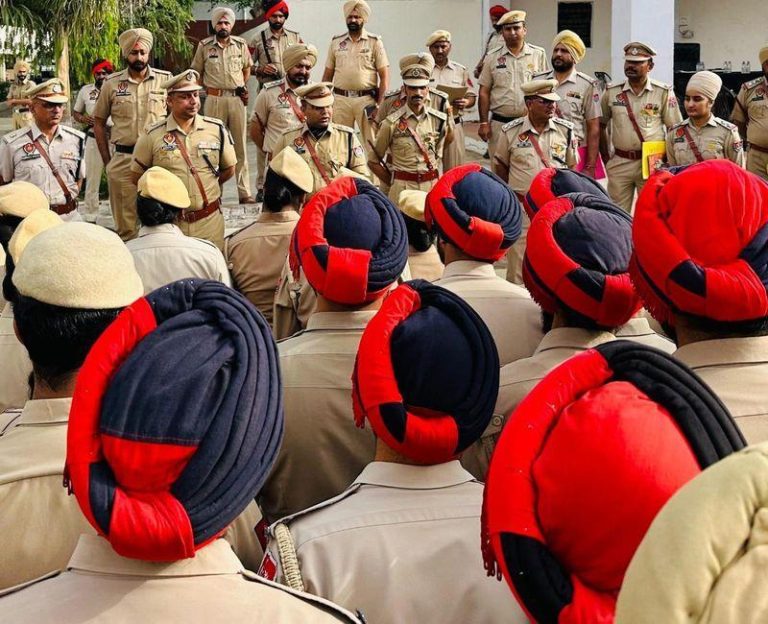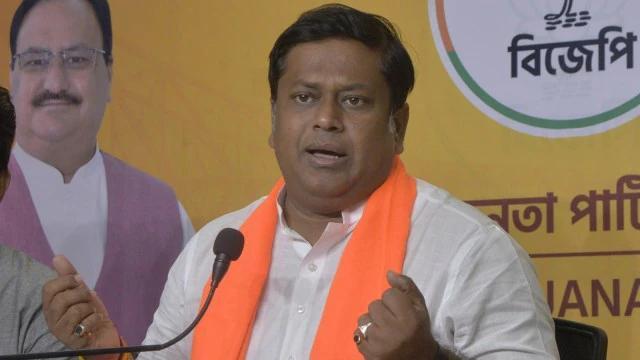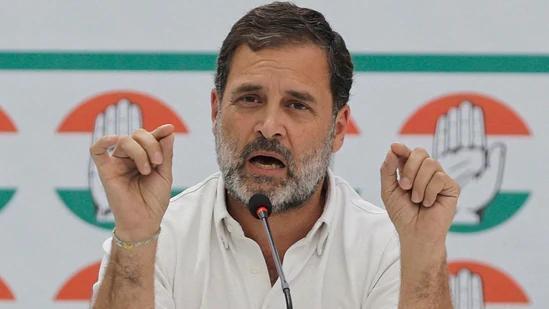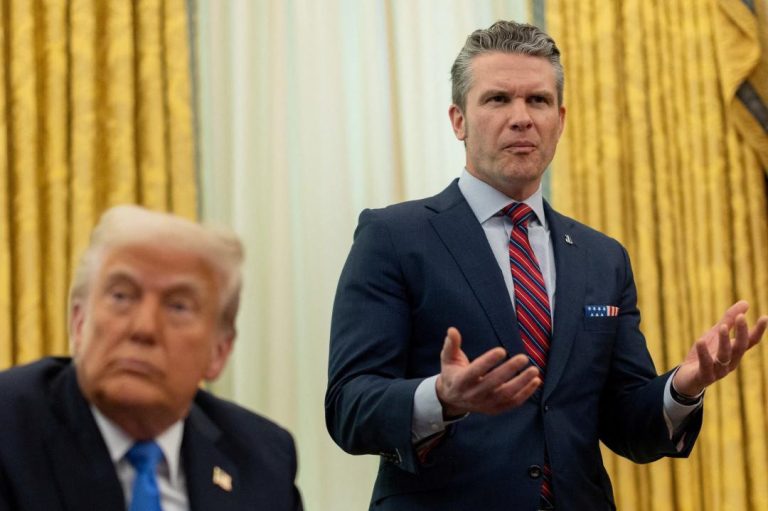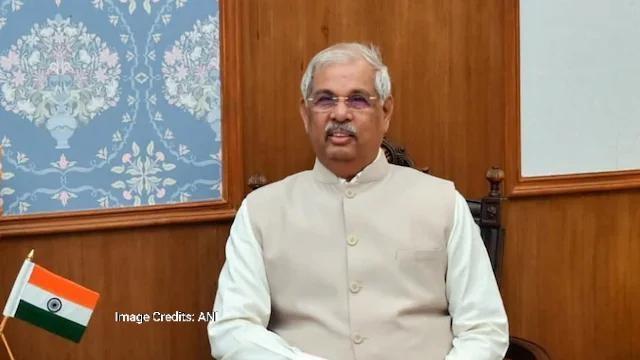
Still Much to be Done for SC/ST Upliftment: Kerala Guv Arlekar
The struggle for social and economic equality is an ongoing journey, and India has a long way to go before achieving true equality for all its citizens. In particular, the Scheduled Caste (SC) and Scheduled Tribe (ST) communities have been at the receiving end of discrimination and marginalization for centuries. Despite decades of independence, efforts to uplift these communities have largely remained symbolic, with little tangible progress to show. This was the stark reality highlighted by Kerala Governor Rajendra Vishwanath Arlekar recently.
In a candid address, Arlekar emphasized that there is still much to be done for the progress and upliftment of SC and ST communities. He urged people to visit villages and understand the plight of these communities, to truly grasp the magnitude of the challenges they face. His words sent a stark reminder that the struggle for social and economic equality is far from over, and that we have a long way to go before achieving true equality for all.
The plight of SC and ST communities is a complex and multifaceted issue. From inadequate access to education and healthcare, to limited economic opportunities and social exclusion, the challenges they face are numerous and deeply entrenched. Despite the existence of various government schemes and policies aimed at uplifting these communities, the results have been largely disappointing.
One of the main reasons for this lack of progress is the lack of genuine commitment to the cause. Many of the initiatives aimed at uplifting SC and ST communities have been tokenistic, with little genuine effort to address the root causes of their marginalization. This has led to a sense of disillusionment and mistrust among the communities, who feel that they are being spoken about but not truly listened to.
Another major obstacle to progress is the lack of representation and participation of SC and ST communities in decision-making processes. Traditionally, these communities have been excluded from the political and economic power structures, leaving them with limited opportunities to shape their own destiny. This lack of representation and participation has led to a lack of ownership and accountability, making it difficult to drive meaningful change.
Furthermore, the lack of data and research on SC and ST communities has hindered our understanding of their needs and challenges. This lack of data has made it difficult to develop targeted and effective policies and programs aimed at uplifting these communities. Moreover, the absence of a robust monitoring and evaluation system has made it difficult to track the impact of existing initiatives and make adjustments accordingly.
So, what can be done to address these challenges and bring about meaningful change? First and foremost, there is a need for a genuine commitment to the cause of SC and ST upliftment. This requires a fundamental shift in our approach, from mere tokenism to a deep understanding of the challenges faced by these communities. It also requires a willingness to listen to their voices and involve them in decision-making processes.
Secondly, there is a need to address the lack of representation and participation of SC and ST communities in decision-making processes. This can be achieved through targeted efforts to increase their representation in government and civil society, and through initiatives aimed at building their capacity and confidence.
Thirdly, there is a need to collect and analyze data on SC and ST communities, to better understand their needs and challenges. This requires a robust data collection and analysis system, as well as a commitment to transparency and accountability.
Lastly, there is a need to develop targeted and effective policies and programs aimed at uplifting SC and ST communities. This requires a deep understanding of their needs and challenges, as well as a willingness to adapt and adjust initiatives as needed.
In conclusion, the struggle for SC and ST upliftment is a complex and multifaceted issue that requires a genuine commitment to the cause. It requires a willingness to listen to their voices, involve them in decision-making processes, and develop targeted and effective policies and programs aimed at addressing their needs and challenges. Only through a collaborative and sustained effort can we bring about meaningful change and achieve true equality for all.
Source:
